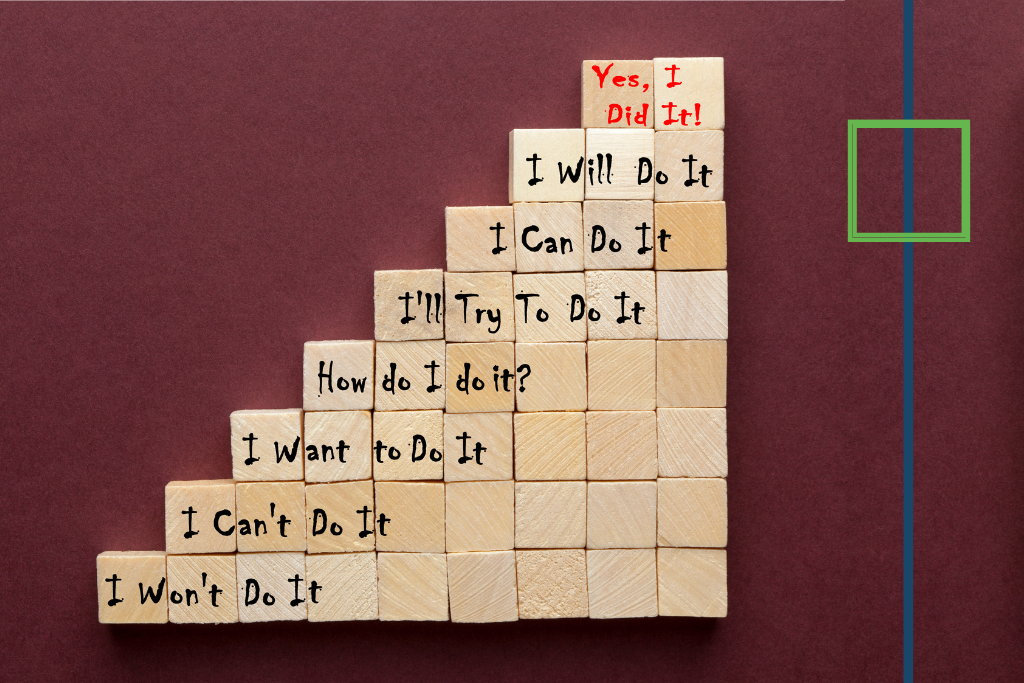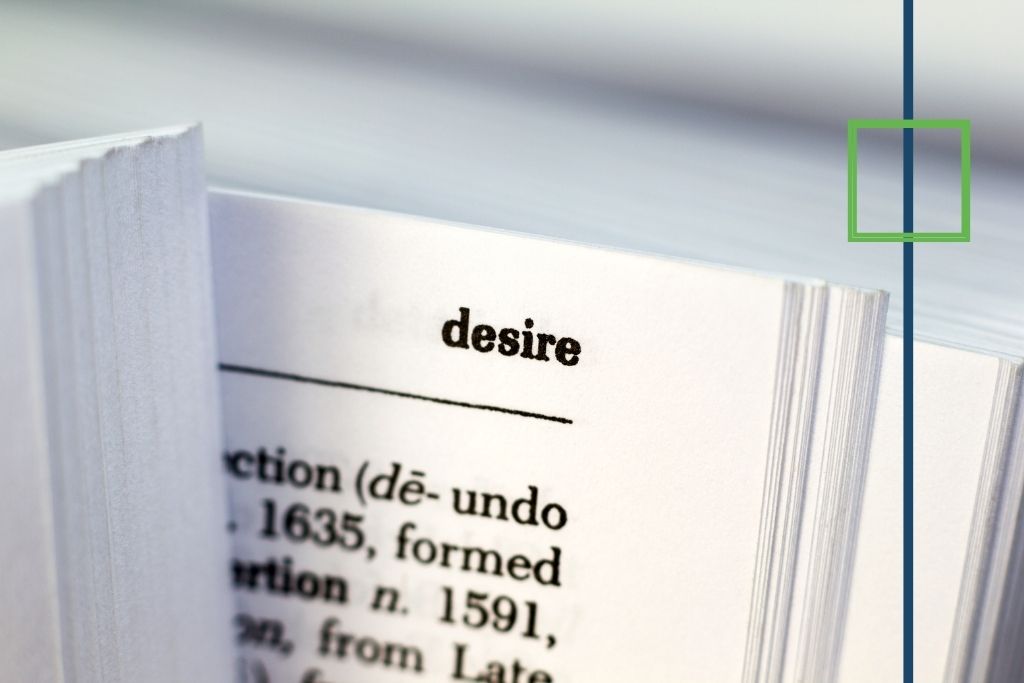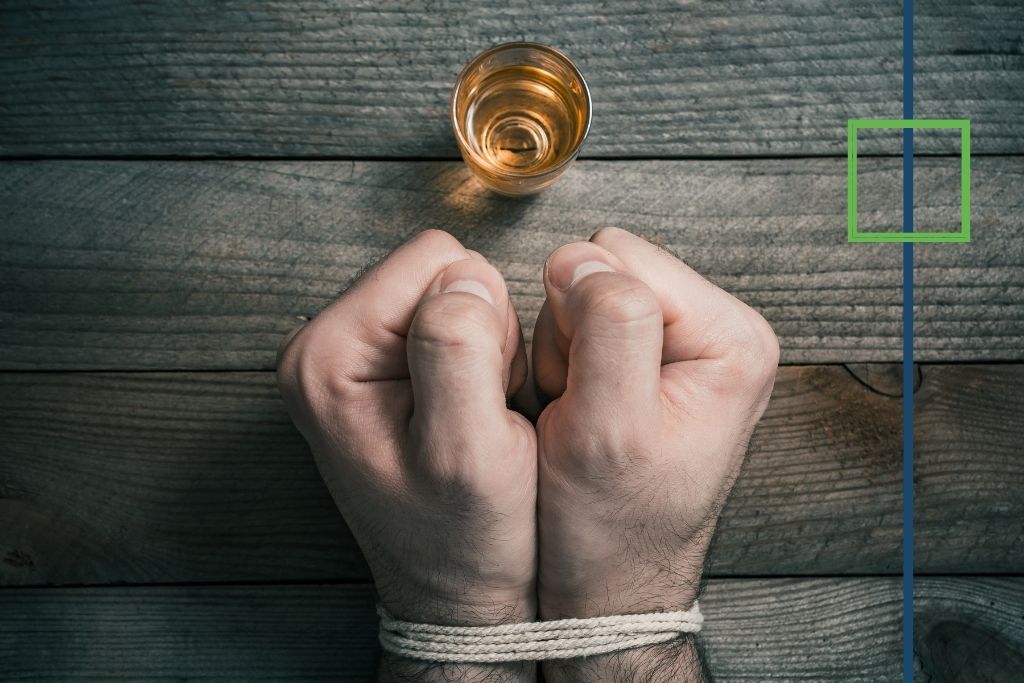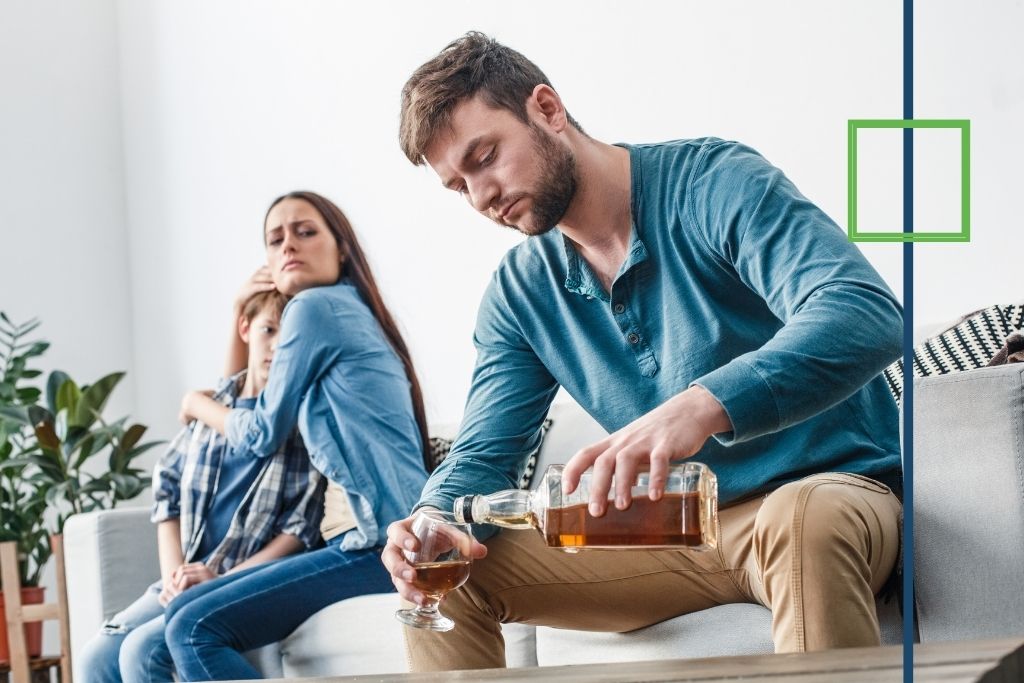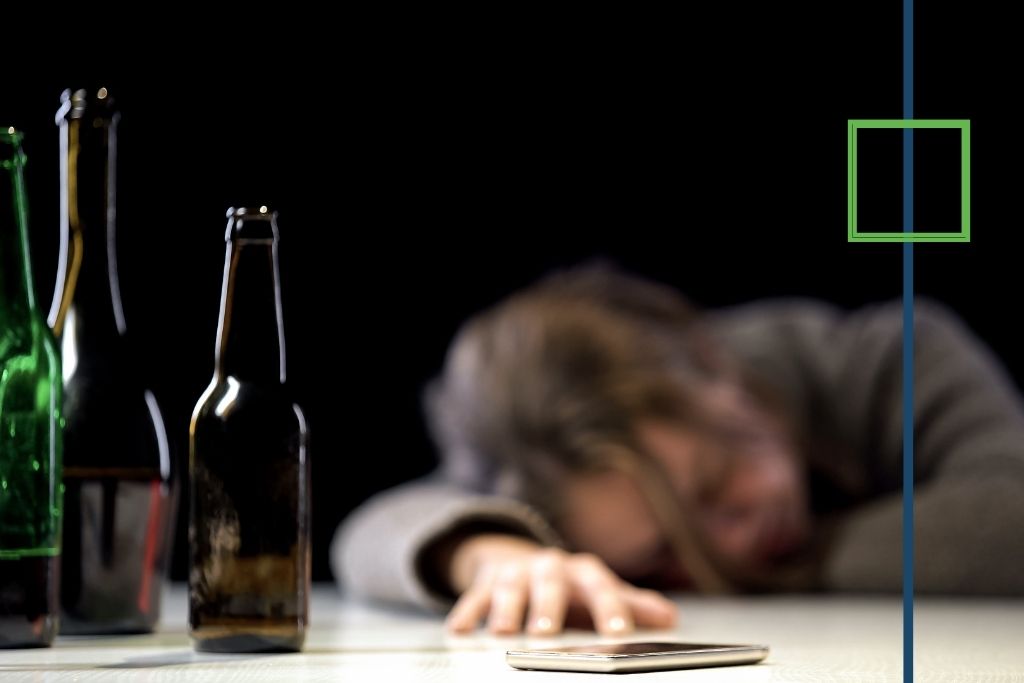You read that title right. If you stop drinking alcohol, there is a good chance of experiencing weight loss. Guess how much weight you will lose if you stop drinking alcohol for a month?
Okay, so there is no set amount, but significant weight loss might be a reasonable expectation. Here is everything you need to know about quitting alcohol and weight loss.
Cutting Alcohol = Cutting Calories
Have you ever stopped to look at how many calories are in an alcoholic drink? I bet many of you haven’t looked, or have gone as far as to purposefully avoid looking because you know it will put a damper on your “fun.” Well, I hate to be the bearer of bad news, but alcohol is a significant source of both calories and carbs. The image below created by thespruceeats.com is a perfect visual overview of the nutritional value of various beers – the most sold alcoholic beverages in America. As you can see, the average regular beer is about 150 calories and 12 carbohydrates per serving. To put this into perspective, a 12 ounce can of Coca-Cola contains 140 calories. Light beers are closer to 100 calories and 5-6 grams of carbohydrates. When you go out and drink 3-4 beers, you are actually consuming hundred of calories. “NIAAA defines heavy alcohol use as more than 4 drinks on any day for men or more than 3 drinks for women”. This means that someone who drinks heavily on a daily basis may be drinking 400 extra calories per day. When you eliminate alcohol from your diet and choose a glass of water or unsweetened tea, you would be eliminating the equivalent of an entire extra meal from your day.
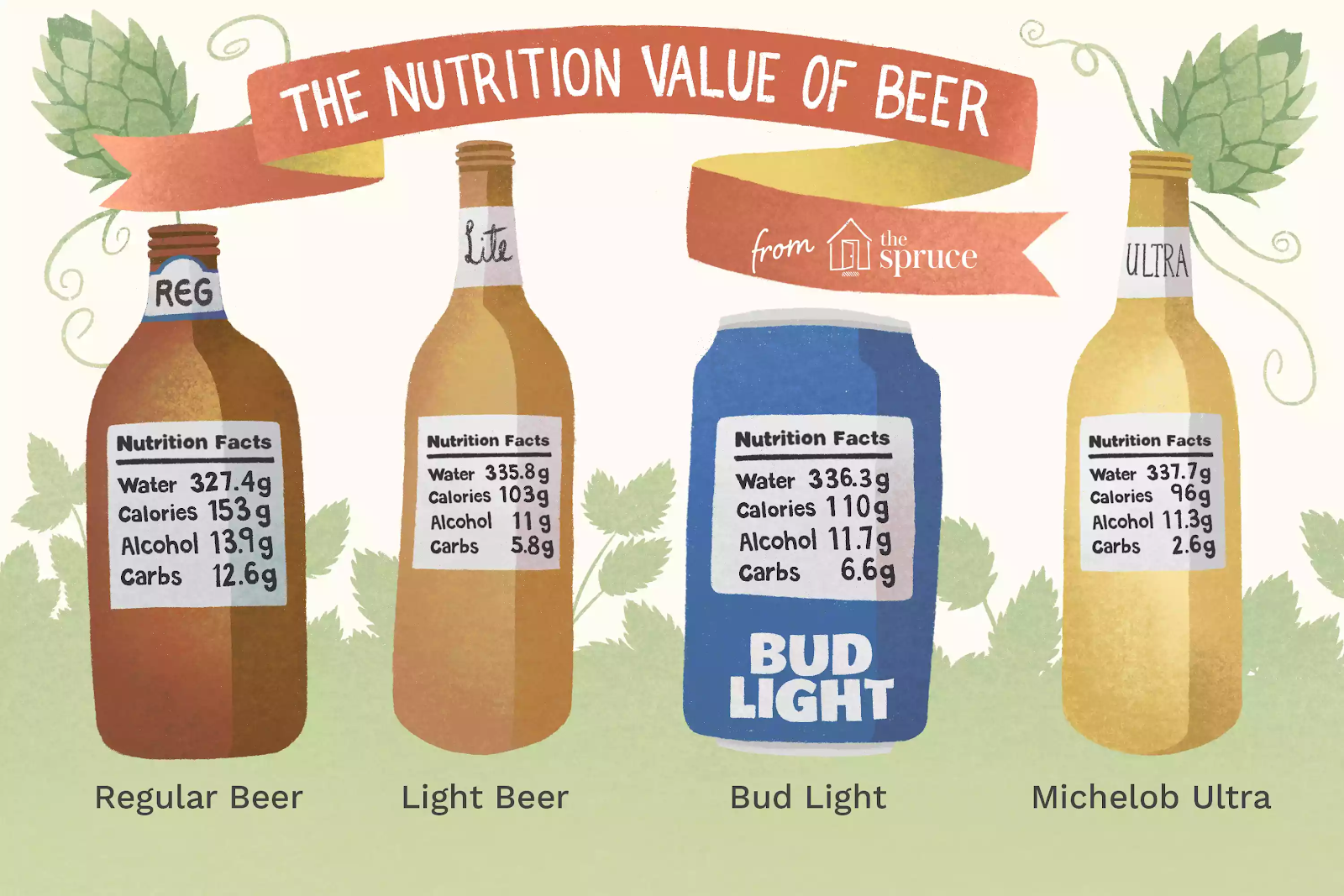
Weight Loss After One Month
Let’s take someone who has “just has a beer with dinner in the evening”, but they do so every single day. Even if it is a light beer, that is approximately 100 calories per day. Over 1 week, that equals 700 calories. When looking at cutting out that 1 beer each night over an entire month, that would eliminate over 3000 calories. Someone who drinks 3-4 beers per day would be looking at 9000-12000 fewer calories per month. These numbers would be even higher if regular, non-light beers are consumed.
Alcohol Provides “Empty Calories”
The calories from alcoholic beverages are known as “empty calories.” This doesn’t mean that they don’t cause weight gain. In fact, it means the opposite. What happens is that the body burns through these calories first (which provide no nutritional value) for energy, leaving more opportunity for the body to store other sources of energy such as carbohydrates and fats. This process increases the chances of fat storage and ultimately weight gain. The opposite would happen if you stop drinking alcohol and live a balanced lifestyle.
Alcohol Bloating
Another thing that alcohol does is that it causes bloating. This is because alcohol is an inflammatory substance and can be further exasperated when combined with sugary or carbonated substances. Unfortunately, many alcoholic beverages are just that – alcohol combined with carbonated or sugary liquids. Someone who stops drinking alcohol for a month may notice less bloating and inflammation when they are just a few days to a week in.
Stop Drinking Alcohol With Help
Not everyone is able to easily quit drinking alcohol for a month or longer, even if they want to. There is no harm in asking for help. Consider some tips for quitting alcohol on your own or reach out for help from a support group or alcohol detox program. With the right support and resources, you can find out first hand how much weight you will lose if you stop drinking alcohol for a month.
Sources:
https://www.thespruceeats.com/beer-nutrition-information-353027
https://us.coca-cola.com/products/coca-cola/original/
https://www.niaaa.nih.gov/alcohol-health/overview-alcohol-consumption/moderate-binge-drinking
